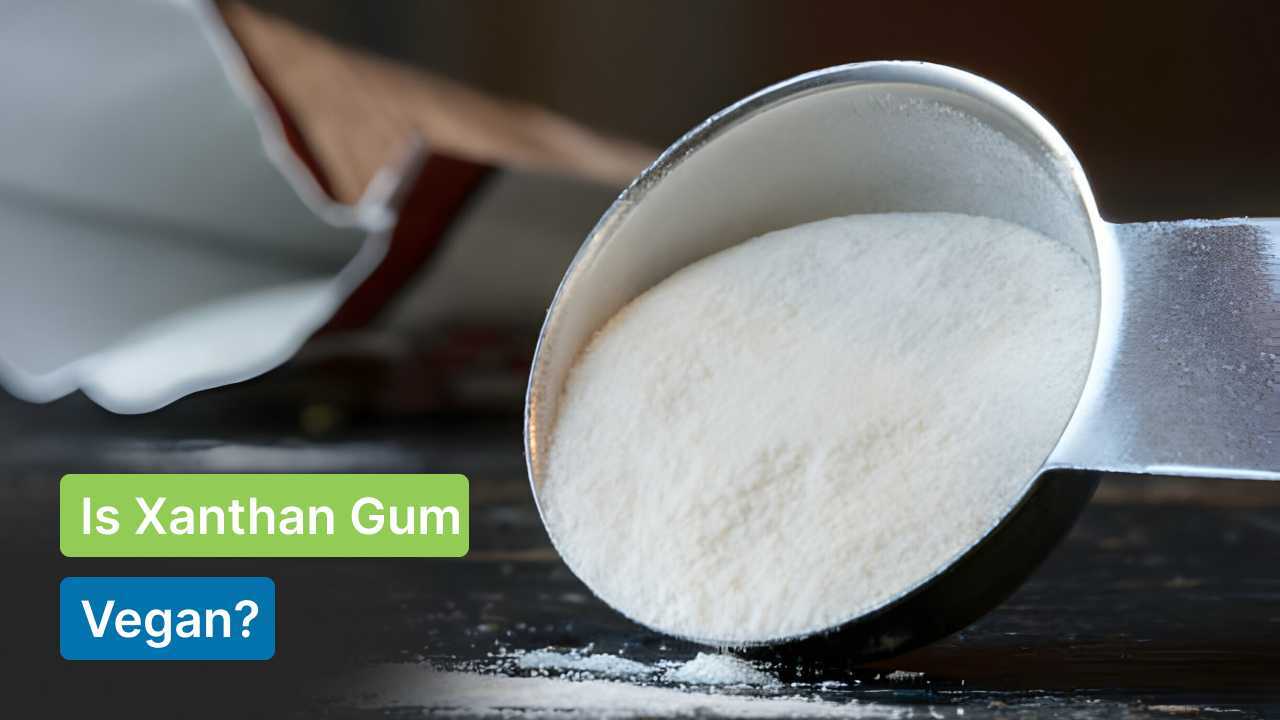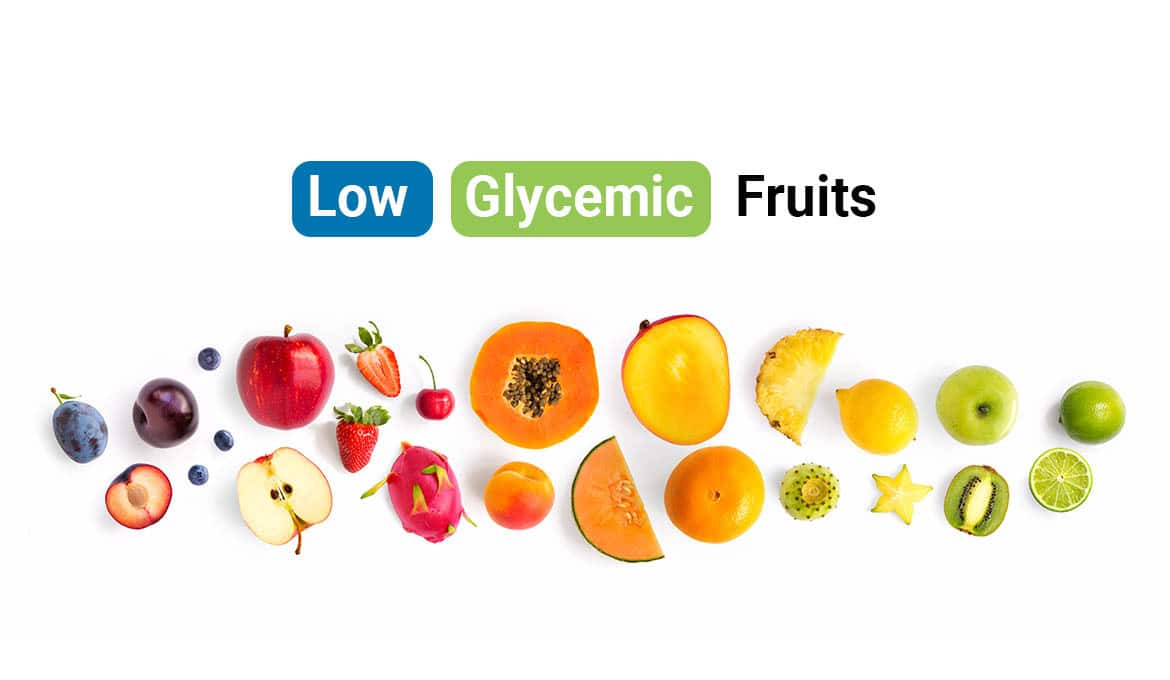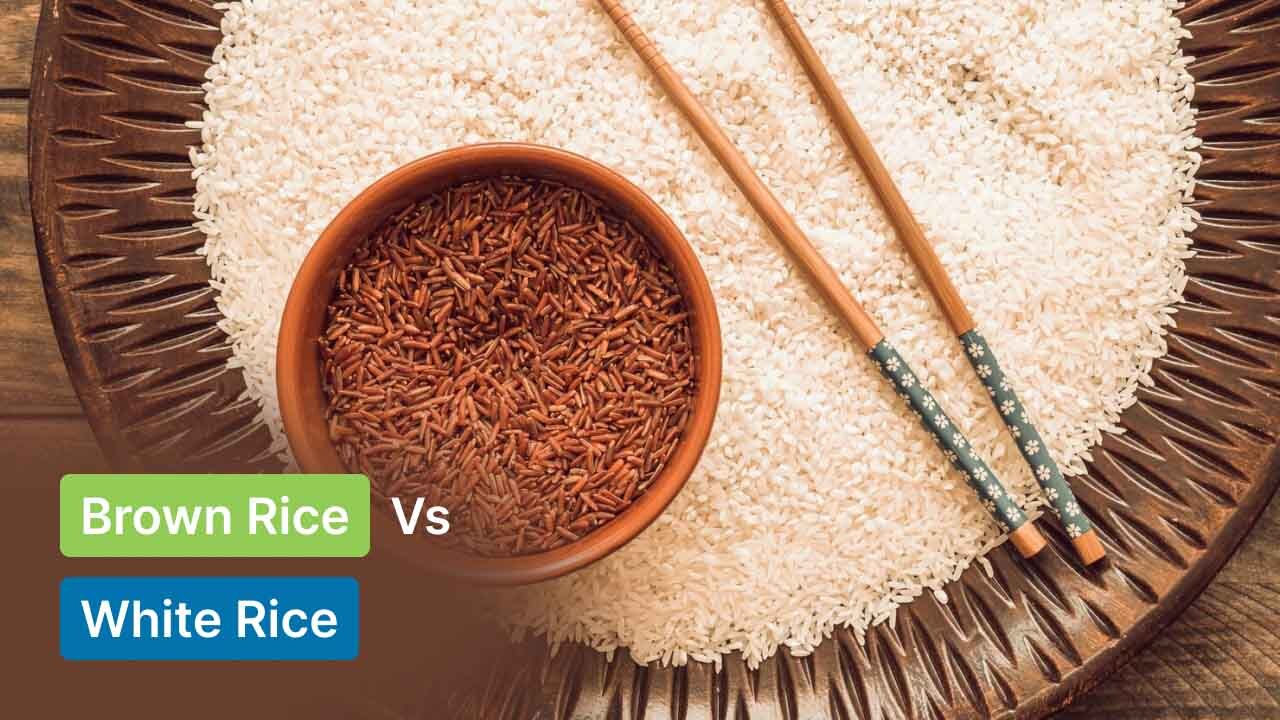
Switching to a healthier lifestyle doesn’t necessarily warrant a complete overhaul of your current practices. It can be incorporated with strategic minor changes in several small areas of your life.
Small steps like parking a little further away from your office, taking the stairs instead of the elevator, choosing chicken breast over drumsticks, choosing baked or charred meat over fried meat, and drinking water instead of sugary beverages, can significantly impact your health and fitness levels.
One key area to make such changes is in your diet. Finding healthier alternatives for your staple food items can significantly impact your health.
It can directly impact the nutrient profile of your diet and the calories consumed and can further help you manage weight and symptoms of health conditions.
One such touted food alternative is sourdough bread over regular bread. This article looks at sourdough bread and its benefits over regular bread.
What is sourdough bread?
Sourdough bread is a type of bread made by fermenting the dough with lactobacilli before baking. Fermentation significantly alters the bread's nutrient profile, structural protein, and fiber. It also releases lactic acid, providing a sour taste in the bread.
The process of fermenting dough to make sourdough bread has been traced back several thousand years to the point of domestication of plants by humans. In fact, the oldest sourdough bread found in Switzerland has been dated to 3,700 BC, or 5,700 years ago.
Sourdough bread is touted as a healthier alternative to regular bread due to its altered nutrient profile and bioavailability post-fermentation process. This has made sourdough bread popular among fitness enthusiasts and those looking to adopt a healthier lifestyle.
Top 7 Health Benefits of Sourdough Bread
Now, let's discuss the top 7 health benefits of Sourdough bread:
1. Easier to digest:
Although sourdough contains gluten, it is several times easier to digest than regular wheat. This is because of the fermentation process, which alters the plant enzymes in wheat to make it much lighter on the digestive tract leading to easier digestion.
The fermentation process also breaks down complex compounds like gluten proteins for easier absorption in the body.
While it may still not be consumable by those with celiac disease, it can be an alternative for those suffering from mild forms of gluten allergy and intolerance.
2. Helps regulate blood sugar:
Blood sugar levels tend to spike after meals due to the natural sugars in various foods. Sugar levels tend to spike to especially high levels when consuming carbohydrates.
Unregulated high spikes in blood sugar levels can lead to decreased insulin sensitivity, leading to chronic health conditions like diabetes.
The sugar in sourdough is already broken down and processed during fermentation, leading to a lesser impact on blood sugar levels when compared with regular bread and other wheat products.
Furthermore, the high fiber content helps reduce the pressure of digestion on the stomach, kidneys, and intestines, helping regulate blood sugar levels.
3. Has low glycemic index:
Food items are categorized based on their glycemic index to aid diabetics, pre-diabetics, and people with a family history of diabetes to be more careful about the food they consume.
Foods with high glycemic index tend to have a greater impact on blood sugar levels, making you vulnerable to diabetes and other related ailments.
Furthermore, consuming food with a low glycemic index is beneficial when looking to manage your body weight. It helps break down body fat on fuel instead of blood glucose and freshly consumed food.
The GI (Glycemic Index) of sourdough is just 54, compared to regular bread with a GI of 75 or higher. This makes sourdough a good option for those watching their blood sugar levels and those looking to lose weight.
4. Supports gut health:
Sourdough bread involves a fermentation process that creates a conducive environment for both prebiotic and probiotic microorganisms, which are beneficial for gut health.
It also has a high amount of fiber which aids absorption and digestion within your intestines.
Fermentation also makes nutrients like polyphenols more bio-available for absorption in our bodies. Plant compounds like polyphenols are also a good fuel source for beneficial gut bacteria, making sourdough bread a wonderful food for gut health.
5. More nutritious:
Whole grains and flour made from whole grains contain compounds like phytic acid, which are classified as anti-nutrients. These anti-nutrients bind to beneficial minerals within these grains and reduce their bioavailability.
These anti-nutrients are broken down during the sourdough’s fermentation process by up to 70%. Furthermore, the presence of lactic acid in sourdough reduces the pH of the bread, making the nutrients more bioavailable for absorption by the body.
6. May help weight loss:
The prebiotic content in sourdough promotes the digestion of food and aids the absorption of nutrients in the body. It is rich in fiber and has a low glycemic index as well.
This helps regulate blood glucose levels and boosts metabolism to break down body fat for energy. Its higher fiber and substantial protein content also keep you satiated, helping you maintain a calorie deficit.
This makes sourdough an ideal bread alternative for those looking to manage their body weight.
7. Promotes healthy aging:
The low glycemic index and high fiber content in sourdough make it an anti-diabetic food, helping avoid diabetes and related ailments. It also makes it an anti-hypertensive food, helping reduce the risk of heart conditions by regulating blood pressure.
Furthermore, the fermentation process breaks down the sugars in sourdough, ensuring that it is a non-FODMAP food. Fermentation and breakdown of phytic acid also increase the antioxidant content in sourdough, helping reduce oxidative stress in cells caused by free radicals.
This makes sourdough an ideal anti-aging food that can reduce the effects of age-related health conditions.
Conclusion
Making slight changes to your diet can significantly impact your overall health. Understanding the food we consume changes our relationship with food for the better. It helps us make smart, mindful decisions regarding our diet.
Sourdough bread offers various benefits over traditional bread on several parameters like gluten content, nutrition profile, digestibility, and glycemic index.
However, it might be right for you if you have celiac disease or adverse gluten intolerance. It can be an option for those with mild gluten intolerance. It might also be worth considering for those with diabetes, provided it can fit within their diet parameters.
If you are suffering from any gluten-related health conditions or diabetes and risk for diabetes, it is advisable to consult your healthcare provider before consumption.
For people who are not at risk for these health conditions, sourdough bread can be an excellent alternative to regular bread.
FAQs
1. Is sourdough bread the healthiest bread?
Ans: Sourdough bread is healthier than regular white and whole wheat bread. It is healthier on a variety of factors like nutrition profile, digestibility, glycemic index, lesser gluten, more fiber, lack of antinutrients, and prebiotics.
2. Is sourdough bread high in protein?
Ans: When compared with traditional and whole wheat bread, sourdough bread has a higher amount of proteins and a lesser amount of sugar. It contains about 12 grams of protein per 100 grams of bread.
3. Can people with diabetes eat sourdough bread?
Ans: Sourdough bread might be a better option for people suffering from diabetes when compared to regular bread. This is because of the low glycemic index of sourdough bread when compared to regular bread. Moreover, the fermentation process breaks down several complex sugars in sourdough bread, decreasing the overall sugar content in the bread.
4. Why is sourdough bread easier to digest?
Ans: The fermentation is sourdough bread breaks down several complex sugars and structural proteins like gluten. It also breaks down antinutrients like phytic acid, making other nutrients more bioavailable for digestion and absorption. Digestion is further aided by the presence of prebiotic fiber in sourdough bread.
5. Is sourdough bread good for blood glucose levels?
Ans: Sourdough bread has a shallow glycemic index, especially when compared with regular white bread. This causes a lesser spike in blood sugar levels and doesn’t harm your insulin sensitivity. Furthermore, prebiotic fiber helps the stomach, kidneys, and intestines easily handle the sugar load. This makes sourdough bread a good option for checking your blood sugar levels.
Read Also:


























































